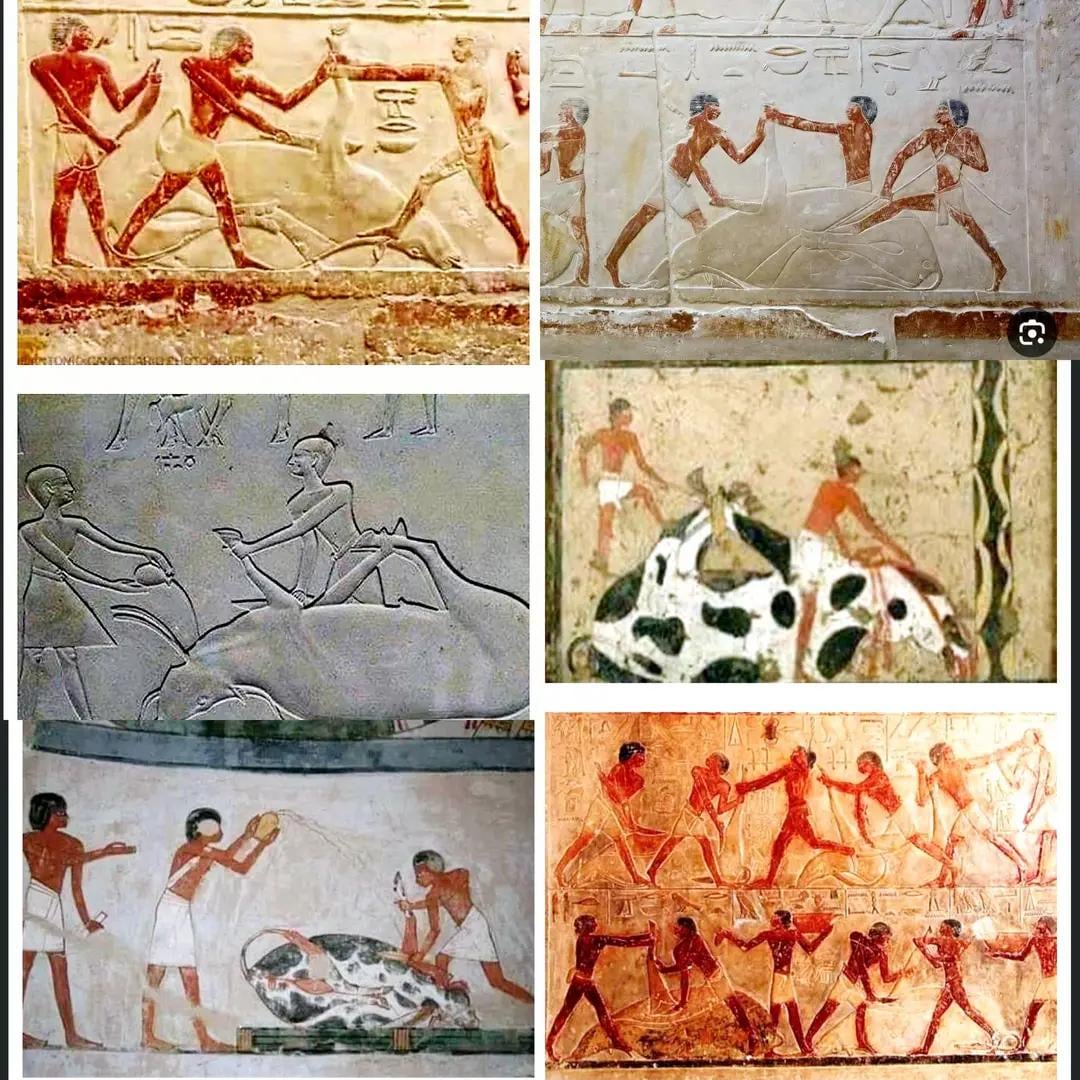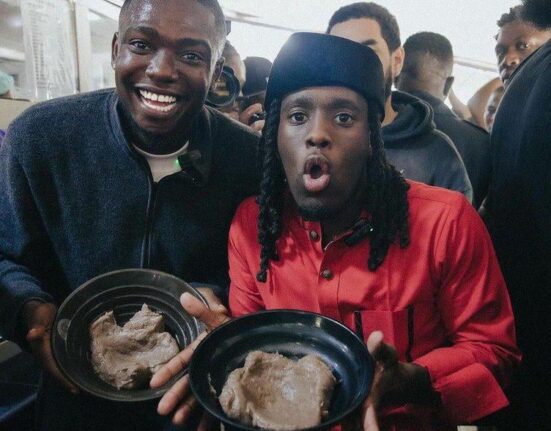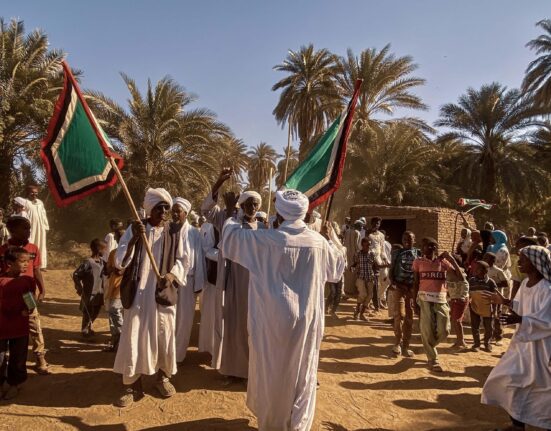Have you ever thought about the origins of traditional practices that we still follow today? It’s fascinating how the rituals of ancient civilizations can influence modern-day customs. A recent discovery shared on Reddit sheds light on an intriguing connection between the way modern Egyptians slaughter cows and the ancient Egyptian slaughtering techniques. Let’s delve into this captivating narrative that bridges the gap between the past and the present.
The method of slaughtering cows in Egypt today is said to be deeply rooted in the ancient practices of the land of pharaohs. According to a study published in The International Journal of Tourism and Hospitality Studies, the technique of falling big mammals on their backs to immobilize them for slaughter is a ritual that has transcended time, remaining largely unchanged since ancient Egypt.
The detailed process of slaughtering a big mammal, such as a bull, involved a coordinated effort by several butchers. The animal would be trussed by its legs, with one man applying pressure to the head, another making a slip knot over a leg, and a third pulling the rope to force the animal onto its back. This technique aimed to ensure control over the animal before the actual slaughter.
The significance of this ritual extended beyond just the physical act of slaughtering. In ancient Egypt, the butcher would recite a consecration formula over the animal before making the cut. This act of invoking a sacred ritual before the slaughter was believed to be a way of showing reverence and respect for the life being sacrificed.
The butcher’s careful incision of the neck arteries, followed by a deep cut through the windpipe, ensured a swift and humane slaughter. The spurt of blood signified the sacrifice, while another quick cut across the throat facilitated the rapid bleeding process.
These ancient practices of cow slaughter in Egypt have been preserved over millennia, representing a cultural heritage that continues to resonate in modern-day rituals. The connection between past traditions and present customs highlights the enduring influence of ancient civilizations on contemporary society.
Exploring the historical context of these rituals provides a glimpse into the cultural and religious beliefs of ancient Egyptians. From the tombs of Irukaptah, Iti, Neferu, and Nebamun to the sacrificial practices depicted in ancient artworks, the reverence for animal sacrifices in ancient Egypt was deeply intertwined with their spiritual worldview.
The symbolic significance of sacrifices in ancient Egypt went beyond mere practicality; it was a reflection of their beliefs in the afterlife and the importance of ritual purity. The meticulous process of slaughtering animals was a sacred duty that honored both the gods and the animals themselves.
In contemporary Egypt, these ancient rituals find continuity in the way cows are slaughtered during religious festivals like Eid al-Adha. The preservation of these traditions not only honors the cultural heritage of the land but also serves as a reminder of the enduring legacy of ancient Egyptian civilization.
As we reflect on the parallels between past and present practices, we are reminded of the profound impact that history continues to have on our daily lives. The preservation of ancient traditions in modern rituals not only connects us to our roots but also underscores the timelessness of certain cultural practices.
The method with which modern Egyptians slaughter cows is not merely a practical technique but a symbolic link to their rich cultural heritage. By maintaining these age-old traditions, they pay homage to the wisdom and legacy of their ancestors, keeping alive the spirit of ancient Egypt in the fabric of contemporary society.
In conclusion, the story of how modern Egyptians slaughter cows unveils a fascinating narrative that transcends time and bridges ancient customs with present-day practices. By understanding the historical underpinnings of these rituals, we gain a deeper appreciation for the cultural continuity that shapes societies across generations. The echoes of ancient Egypt reverberate in the rituals of today, reminding us of the enduring legacy of a civilization that continues to influence and inspire us.









Leave feedback about this